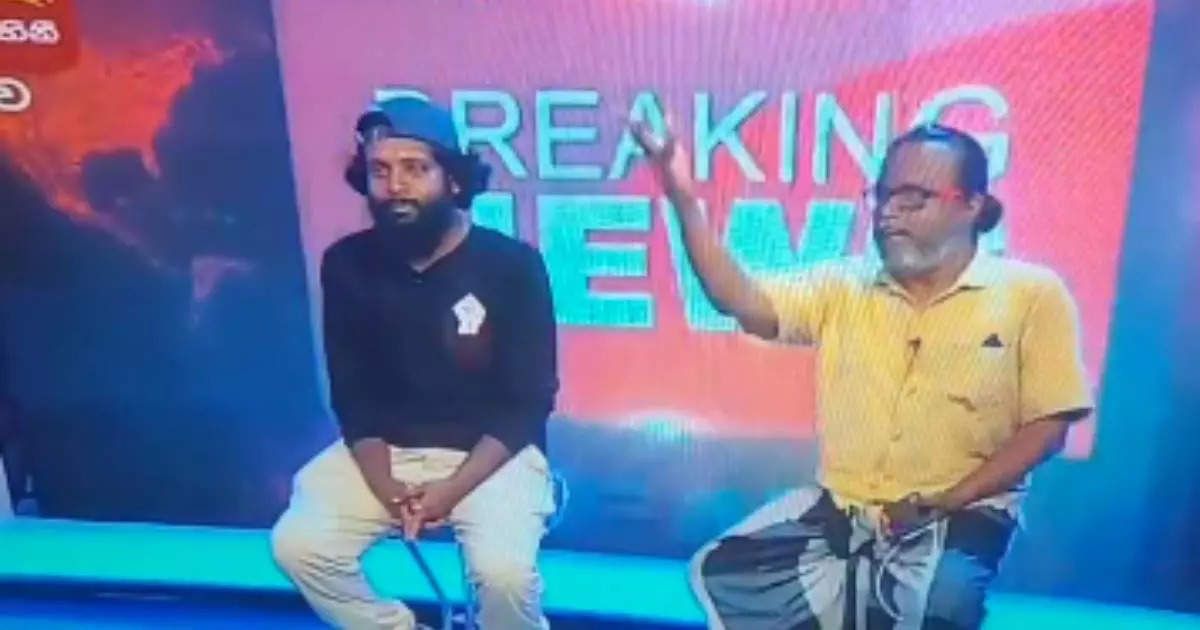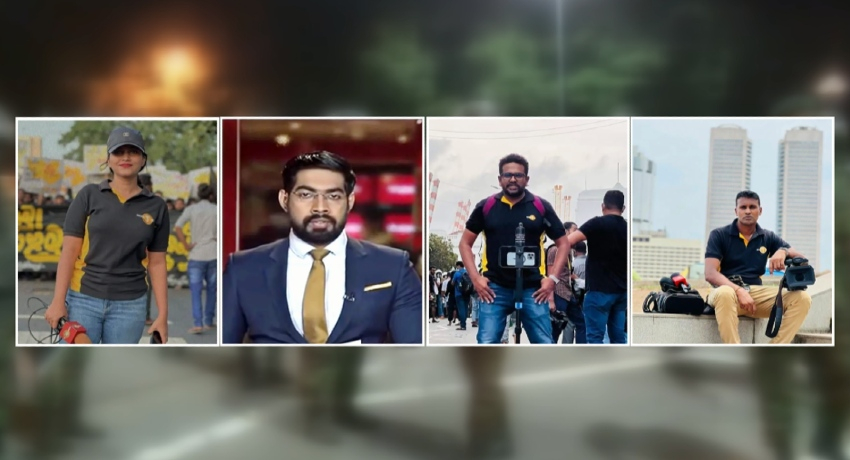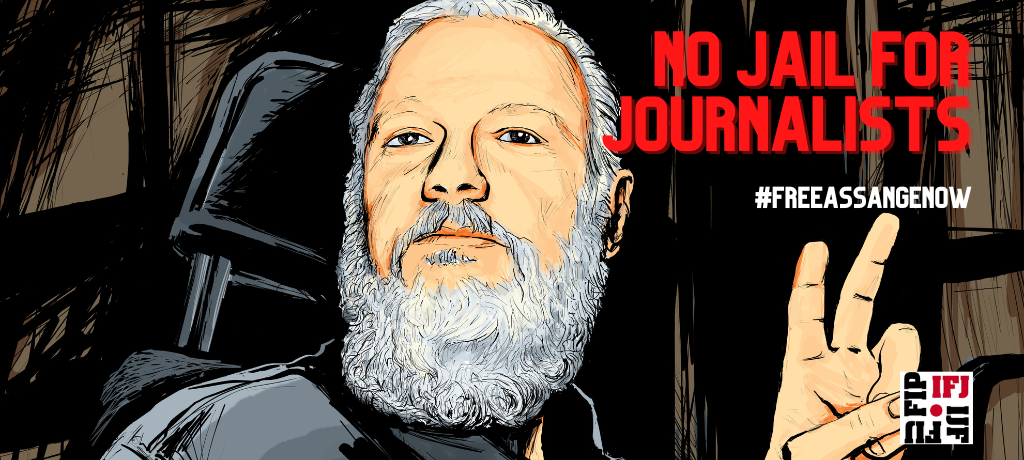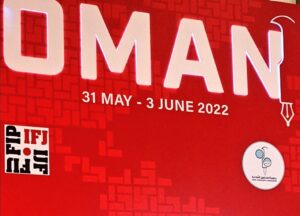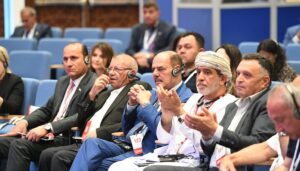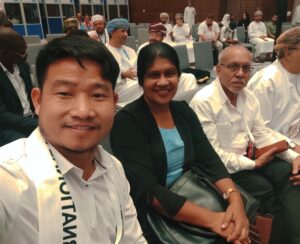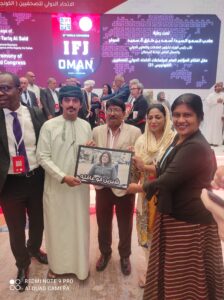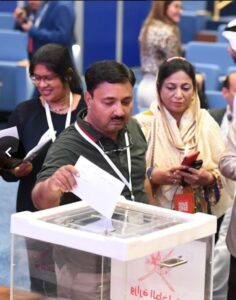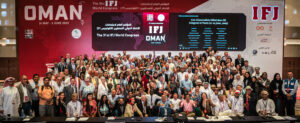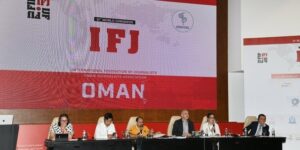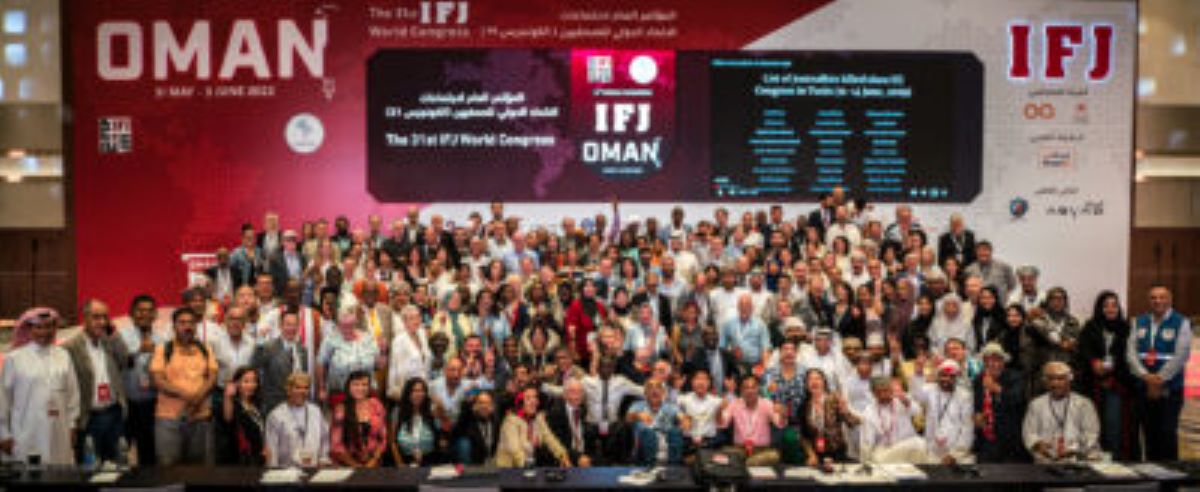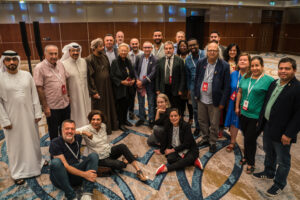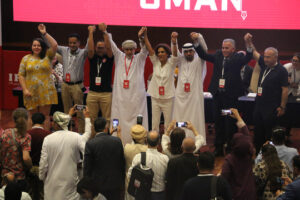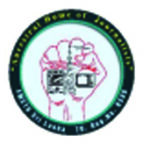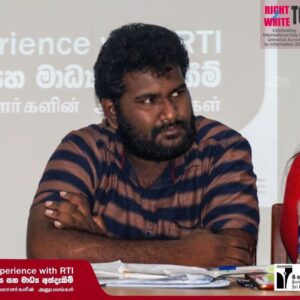Strugglers breaking into media institutions is an action that should not happen!

Press release
July 13, 2022
Strugglers breaking into media institutions is an action that should not happen!
The Federation of Media Employees Trade Unions disapproves of the intervention of a delegation of strugglers to influence the media activities of those institutions by entering into the public and private television channels, in the last few days. “Federation of Media Employees Trade Unions” is a member organization of the International Federation of Journalists (IFJ), comprising 187 media organizations from 146 countries.
The behavior of public and private media institutions and their journalism, freedom of the journalists, independence of the Editorial Board, and the partiality of information that is brought closer to the people, is a situation that has been heavily criticized by us. To force such a situation to change through coercive, unilateral approaches is contrary to democratic principles as well as free media traditions. It must be said that the Sri Lanka Television Corporation was forcibly entered on the 13th and its programs were suspended and the views of those who pretended to be strugglers were broadcast live, which was a death blow to the traditions of free media.
The Federation of Media Employees Trade Unions struggling, with other media organizations to transform the state media as well as private media convert into the ‘Public Service Media’ concept with the aim of creating free media in the country for the past two decades. We must understand that these kinds of actions will create obstacles to the collective efforts of the people who have been oppressed by the anti-people actions of the government over the past decades, and to the struggle to win democracy.
It is worth noting that the Federation of Media Workers Trade Unions, which emphasizes that freedom of speech is a basic foundation of a democratic society, says that such actions are an obstacle to the struggles for social, economic, and political freedom. Our conference proposes to the whole society to combine the struggle of media organizations with the current optimal struggle to avoid such meaningless actions and establish a tradition of “Public Service Media”.
Thanking you,

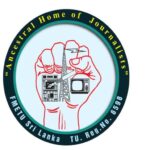
Dharmasiri Lankapeli
General Secretary.

